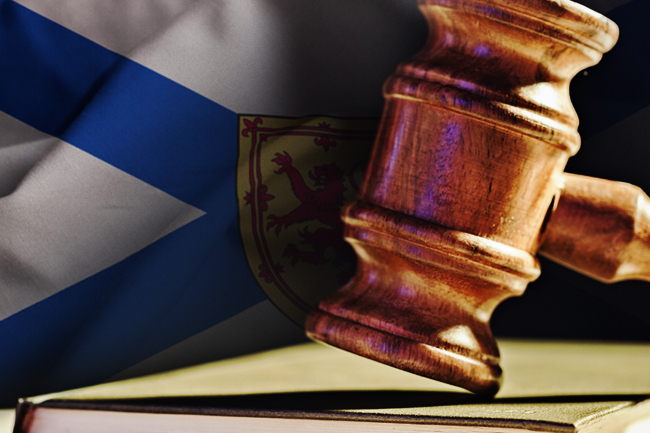Nova Scotia seeks ways in which it could protect itself amid a legal battle involving video lottery terminals and the controversy surrounding them. A proposed amendment to the existing Gaming Control Act is about to provide protection in the case of gambling lawsuits against Nova Scotia Gaming Corporation, Atlantic Lottery Corporation, and the government.

The past year has witnessed a class-action lawsuit targeting the popular gaming offering and Atlantic Lottery Corporation overseeing the video lottery terminals sprinkled across Newfoundland and Labrador. This has been a revolutionary move in the direction of gaming devices ban, as the outcome of this legal battle would have the potential to reshape the gaming field as a whole. This week saw action that could alter the way things go.
Legal Protection Proposed

Nova Scotia is willing to seek protection with the help of a change in the Gaming Control Act. As a result of the proposed changes, the government and the individuals closely linked to it would be pleased to find themselves protected in the situation of a lawsuit against them. Along with them, casino operators, as well as the two gaming corporations having an influence on the local field would also be protected.
The provincial budget that is expected to receive approval in the next few weeks is going to include the changes considered by the Nova Scotia government. May 2, 1991 is the day that saw the official launch of video lottery terminals on a provincial level. The changes would also be retroactive and cover the entire span of video lottery terminals operation within Nova Scotia.
Eyeing the development taking place in the neighboring Newfoundland and Labrador, Nova Scotia seeks more protection against legal battles launching in the future. Such a proactive move is about to make it easier for the provincial government to battle any possible gambling-related lawsuits. Finance Minister Karen Casey supported the move, as the right decision given the current environment in the region.
B.C., Atlantic Canada See VLTs Lawsuits
It should be taken into account that the protections this move would result in would not be applicable in situations involving a gaming operator’s carelessness. It is a special measure that comes at a time of potential changes in the gaming field of Atlantic Canada. December 2019 saw New Brunswick greenlight similar protection eyeing the controversial nature of video lottery terminals.
Newfoundland and Labrador, as well as Prince Edward Island, are expected to also make a move in this direction in the upcoming months, as this would guarantee them adequate protection in times of need. The former currently sees a class-action lawsuit involving about 30,000 individuals affected by the gaming offering since April 2006. It claims that gaming devices have a deceitful nature and trick people into gambling more.
This happens through the various visual and auditory stimuli introduced by the video lottery terminal, tricking people into thinking they are winning when in reality they are losing their money. This leads to more time being spent at the VLTs and more cash spent on them. British Columbia is another province that recently saw a class-action lawsuit targeting the said devices. Corina Riesebos of Kelowna launched the legal battle against British Columbia Lottery Corporation.



















